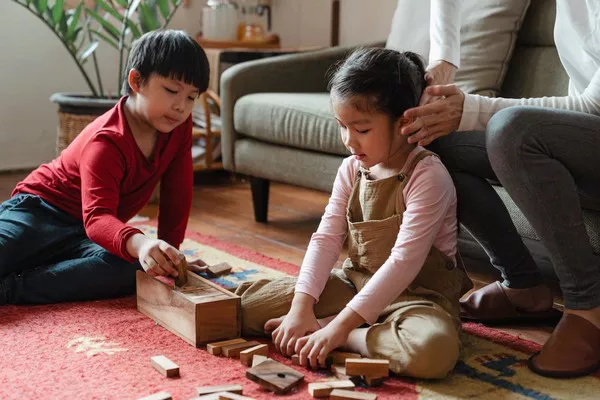Three-year-olds are at a stage in their development where they are exploring their independence and testing boundaries. This is a normal and healthy part of their growth and development, but it can also lead to behaviors that may be perceived as “rebellious” by adults.
However, it’s important to understand that young children do not have the same understanding of authority and rules as adults, and their behaviors are not necessarily intentional acts of rebellion.
- One common behavior that may be seen as rebellious in three-year-olds is refusing to follow instructions or rules.
This can be frustrating for adults who may perceive this behavior as disobedience or defiance. However, it’s important to remember that three-year-olds are still learning how to follow directions and may not have fully developed their listening skills. It’s important for adults to communicate clearly and calmly with young children, providing clear instructions and positive reinforcement when they do follow rules.
- Another behavior that may be seen as rebellious in three-year-olds is tantrums or emotional outbursts.
Young children may become overwhelmed by their emotions and express them through crying, screaming, or hitting. These behaviors can be challenging for adults to manage, but it’s important to remain calm and provide comfort and support to the child. Tantrums are a normal part of a child’s development and can be managed through consistent and positive parenting strategies.
- It’s important to note that the concept of rebellion implies a deliberate act of disobedience or defiance.
Three-year-olds are not capable of this level of intentionality and are simply exploring their independence and learning how to interact with the world around them. It’s important for adults to provide a safe and supportive environment for young children, setting clear boundaries and providing positive reinforcement for good behavior.
In conclusion, while three-year-olds may exhibit behaviors that can be perceived as rebellious by adults, it’s important to understand that these behaviors are a normal part of their development. Young children are exploring their independence and learning how to interact with the world around them, and it’s important for adults to provide a safe and supportive environment that encourages positive behavior. Through consistent and positive parenting strategies, adults can help young children develop the skills and understanding necessary to navigate the world around them.



























